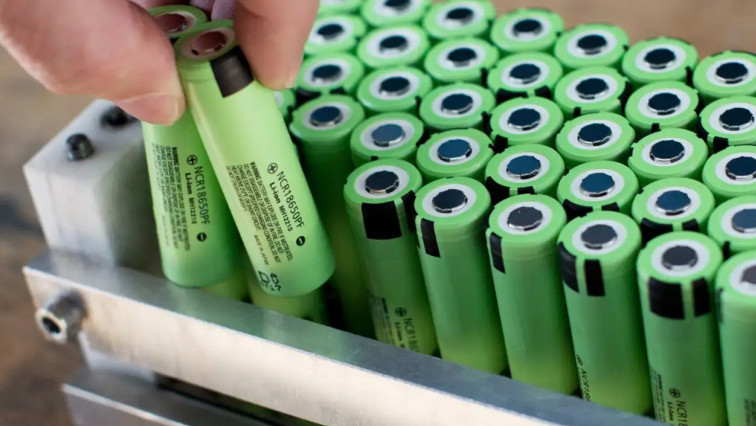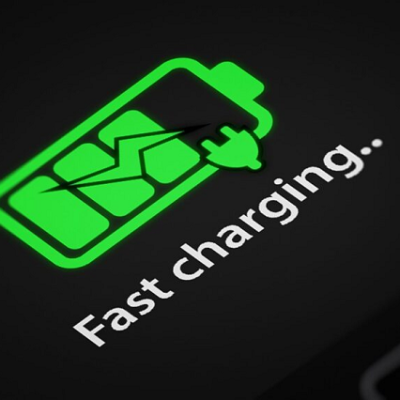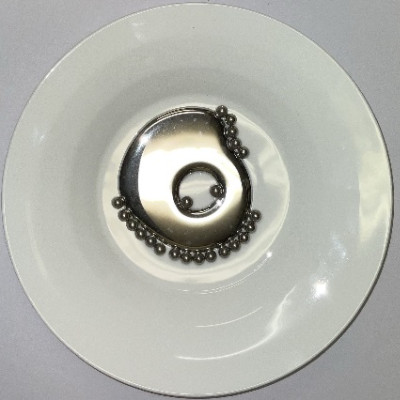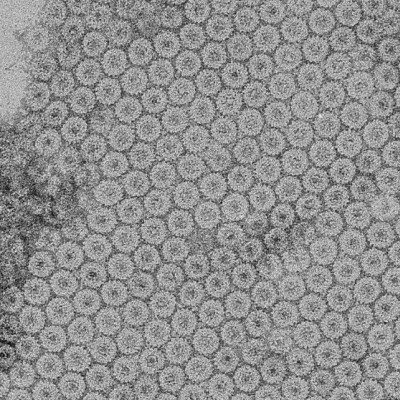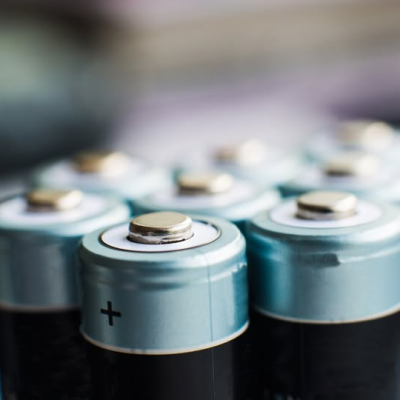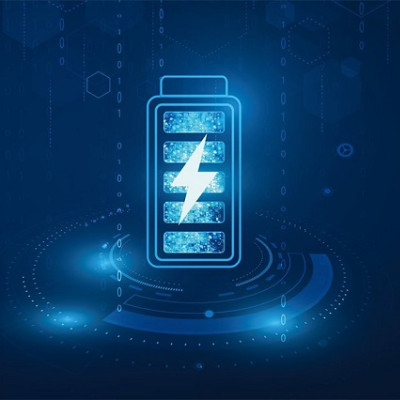Lithium-oxygen batteries have emerged as one of the most promising energy storage solutions, but global adoption has been hampered in achieving efficient electrocatalysis, which impacts a battery’s performance. Using HydroGraph’s patented high-purity fractal graphene, battery scientists have overcome performance challenges, allowing for a better performing battery at a lower cost compared to the incumbent.
HydroGraph’s graphene offers not only superior performance but also better economics, at a significantly lower cost. Extensive testing and analysis have demonstrated that HydroGraph’s graphene delivers exceptional results, including the highest discharge capacity, superior cycling stability, and promising performance at higher current densities.
“This achievement marks a significant turning point in Li-O2 battery technology,” said Ranjith Divigalpitiya, Chief Science Officer for HydroGraph. “Our graphene material showcases improved performance, surpassing the industry’s leading catalyst and providing battery manufacturers and investors with renewed hope and confidence.”
“We are incredibly proud of the breakthrough our team has achieved,” stated Dr. Xianglin Li, the corresponding author of the publication and Associate Professor at the Department of Mechanical Engineering and Materials Science, Washington University in St. Louis. This work was done while Dr. Li was an Associate Professor at the University of Kansas.
“HydroGraph’s graphene showcases unparalleled capabilities in electrocatalysis, unlocking new possibilities for Li-O2 batteries and accelerating the transition to cleaner energy solutions,” said Dr. Li.
Read the original article on HydroGraph Clean Power.

